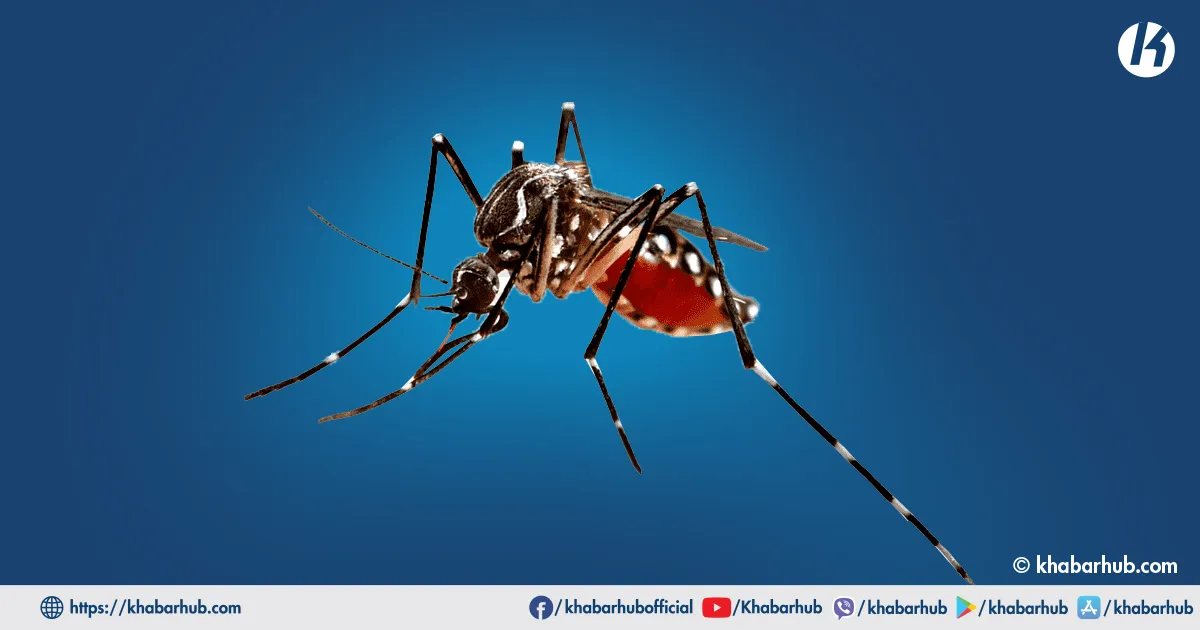KATHMANDU: With temperatures on the rise, the Ministry of Health has issued a cautionary message regarding the increased risk of dengue infection.
As household water collection becomes more common during this period, stagnant water can become a breeding ground for mosquitoes if not managed properly.
Dr. Gokarna Prasad Dahal from the Epidemiology and Disease Control Division under the Health Ministry emphasized that with the monsoon season approaching, cases of dengue are also on the rise.
He stressed the importance of extensive awareness campaigns to combat dengue infection.
“The mosquitoes responsible for dengue breed in standing water found in and around homes, leading to the spread of larvae and subsequently biting people,” Dr. Dahal explained.
He urged for the identification of mosquito-prone areas and the initiation of campaigns to eradicate larvae and mosquitoes. Local authorities have been instructed to take preventive measures and raise public awareness about necessary precautions.
“A total of 33 local levels have been identified as at risk of dengue since January, and they have been directed to conduct ‘search and destroy campaigns’ along with public awareness efforts,” Dr. Dahal stated.
The Aedes aegypti and Aedes albopictus species of mosquitoes, known for transmitting dengue, breed in clean water and cause symptoms such as high fever, headaches, and body pains.
Individuals experiencing these symptoms are advised to seek medical attention promptly.
Additionally, using mosquito nets and wearing full sleeve clothes are recommended to prevent mosquito bites. Dr. Dahal emphasized the importance of properly managing standing water by covering or removing it, and using mosquito repellent ointments as a precautionary measure.
Dengue was first detected in Nepal in 2004 and has been prevalent since 2006. In 2023 alone, over 51,000 people in Nepal were affected by dengue.









Comment